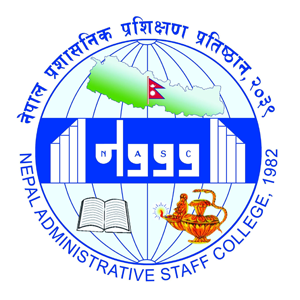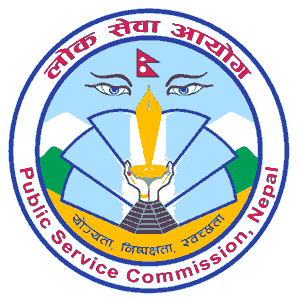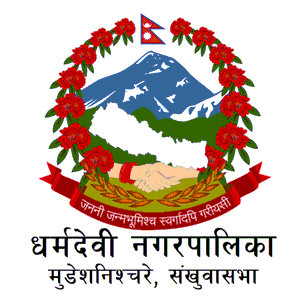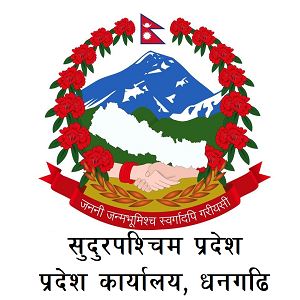Overview
The National Foundation for Development of Indigenous Nationalities (NFDIN - Adivasi Janajati Utthan Rastriya Pratisthan) offers many services to promote the welfare, rights, and development of Indigenous nationalities across Nepal. These services empower indigenous communities, preserving their rich cultural heritage while fostering social and economic development. Here's an overview of the core services provided by NFDIN:

Cultural Preservation and Promotion
-
Preservation of Indigenous Languages and Scripts: Initiatives to document, promote, and revitalize endangered languages and scripts.
-
Cultural Documentation and Promotion: Efforts to record and celebrate the diverse cultures, traditions, and histories of indigenous nationalities, including festivals, rituals, and traditional practices.
-
Support for Traditional Arts and Crafts: Programs to sustain and promote traditional arts, crafts, and industries, providing platforms for artisans to showcase and market their work.
Educational Support and Capacity Building
-
Indigenous Language Education: Establishing and supporting educational programs and schools that offer instruction in indigenous languages.
-
Scholarships and Educational Programs: Providing scholarships and educational support to indigenous students to improve access to education at all levels.
-
Capacity Building and Training: Conducting training programs for skill development, leadership, and vocational training tailored to the needs of indigenous communities.
Economic Development and Livelihood Enhancement
-
Economic Support Programs: Initiatives to support the economic development of indigenous communities through microfinance, entrepreneurship training, and support for indigenous businesses.
-
Agricultural and Environmental Programs: Projects aimed at promoting sustainable farming practices and environmental conservation within indigenous territories.
-
Employment Generation: Creating employment opportunities for indigenous peoples in various sectors, including cultural, educational, and environmental projects.
Research, Documentation, and Advocacy
-
Research and Studies: Conducting research on issues affecting indigenous nationalities, including social, economic, and cultural aspects.
-
Publication and Dissemination: Publishing research findings, cultural documentation, and educational materials to enhance awareness and promote indigenous knowledge.
-
Advocacy and Legal Support: Advocating for the rights of indigenous peoples, including intellectual property rights over traditional knowledge and cultural expressions.
Health and Social Welfare
-
Healthcare Programs: Implementing health awareness and healthcare access programs tailored explicitly for indigenous communities.
-
Social Welfare Services: Providing support services for vulnerable groups within Indigenous communities, including women, children, older people, and people with disabilities.
International Collaboration and Networking
-
International Partnerships: Partner with international organizations working on indigenous issues to exchange knowledge, resources, and best practices.
-
Cultural Exchange Programs: Facilitating cultural exchange programs to promote global understanding and appreciation of indigenous cultures.
Information and Communication
-
Information Dissemination: Offering platforms for disseminating information relevant to Indigenous communities, including news, announcements, and educational content in Indigenous languages.
-
Media Production: Producing and broadcasting media content in indigenous languages to ensure broader access to information and cultural content.
Conclusion
Through these services, NFDIN plays a pivotal role in enhancing the visibility, voice, and viability of Indigenous nationalities in Nepal. By addressing the multifaceted needs of Indigenous communities—from cultural preservation and education to economic development and healthcare—NFDIN is committed to fostering a more inclusive, equitable, and sustainable future for all Indigenous peoples in Nepal.



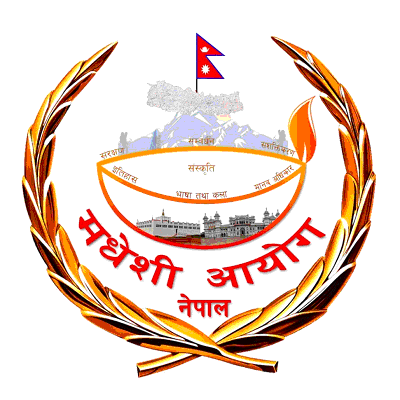
-Logo.png)
-Logo.png)
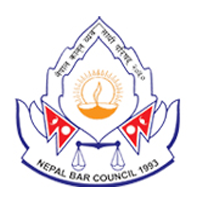
.png)
